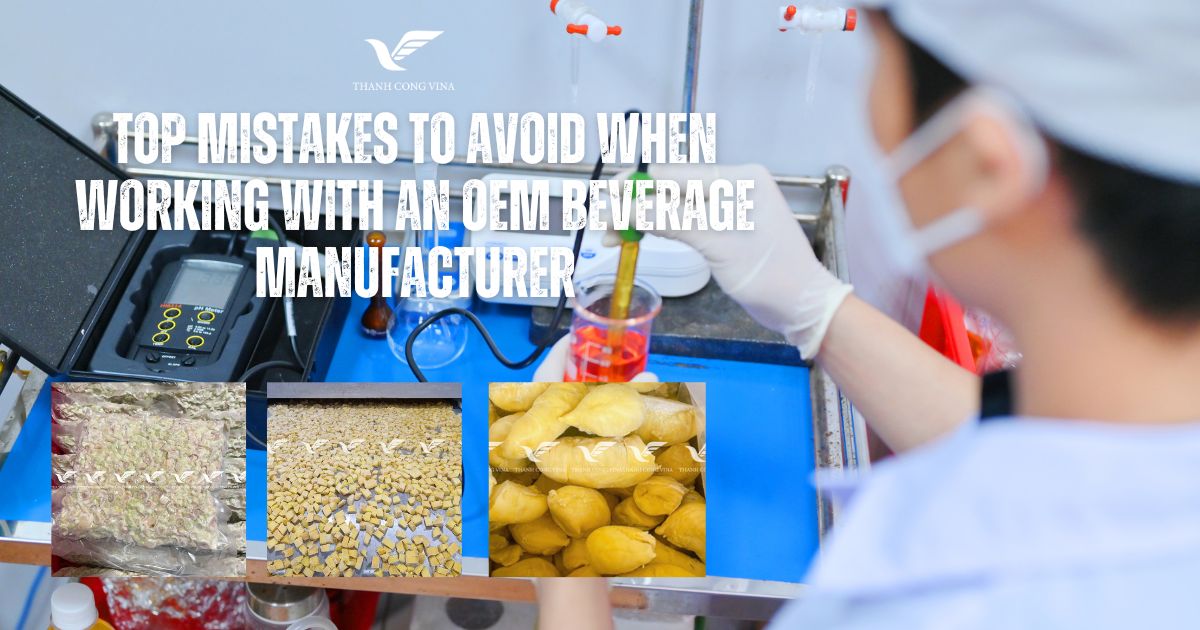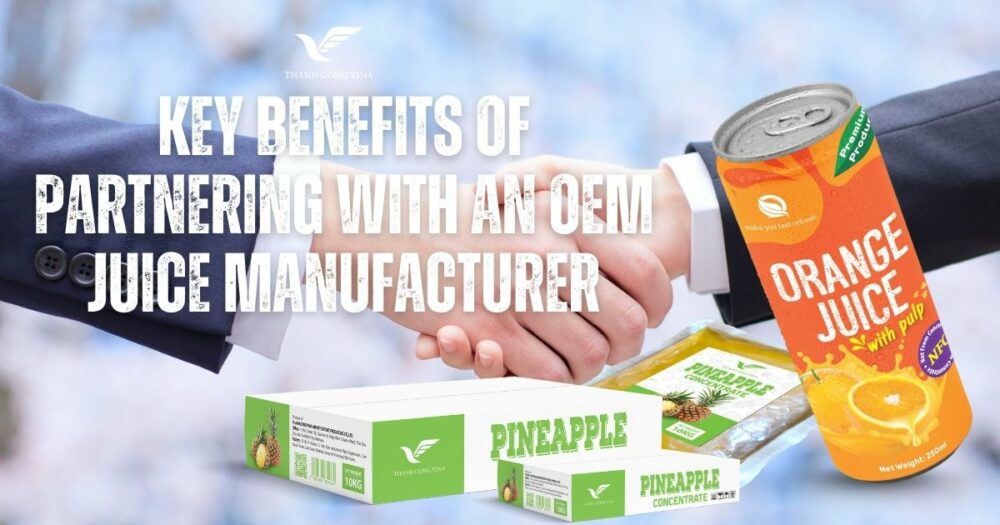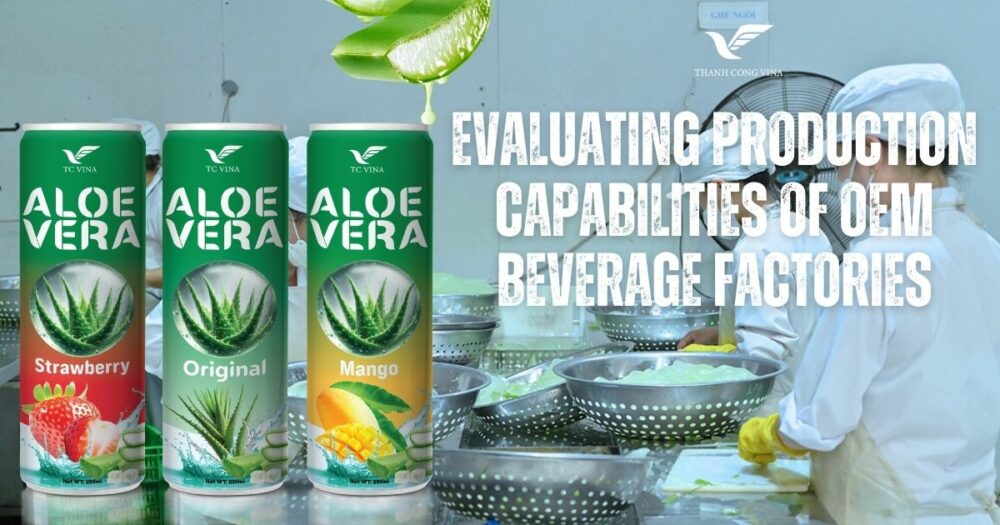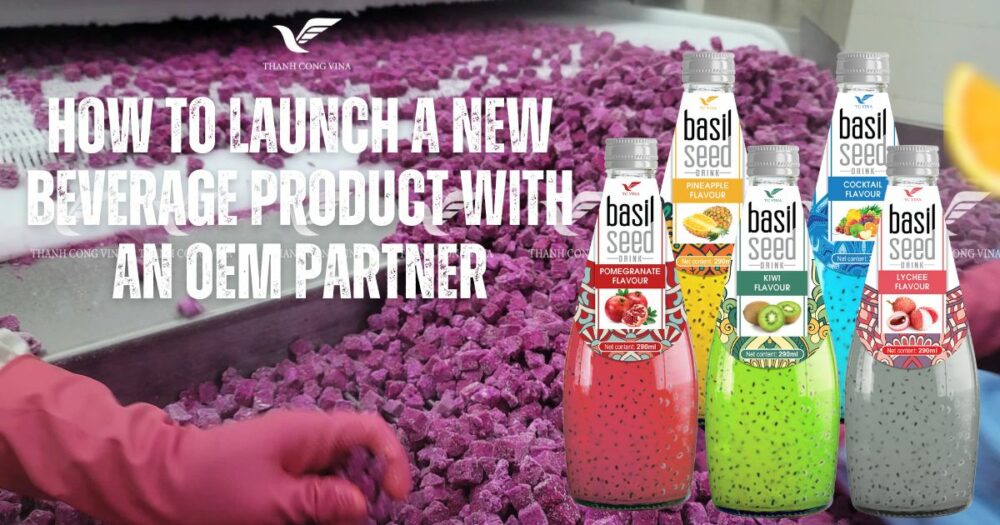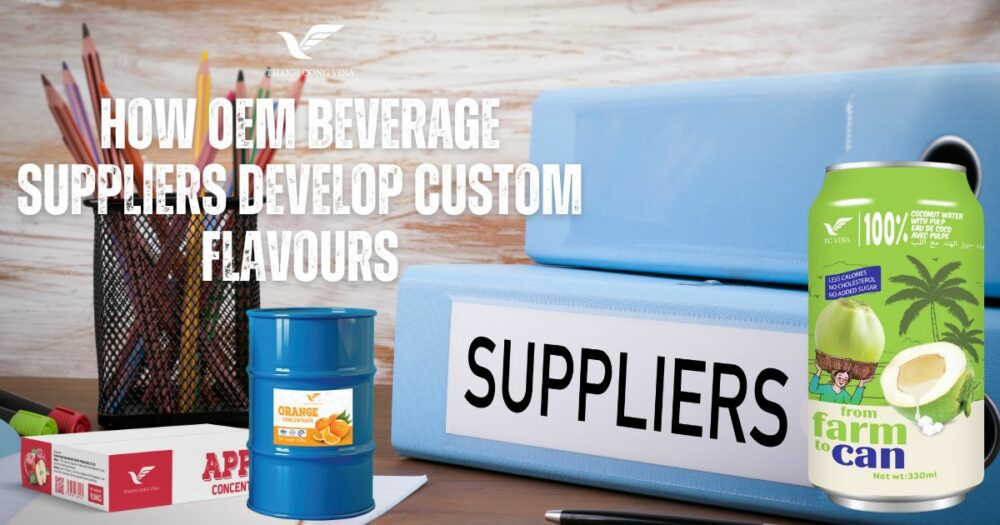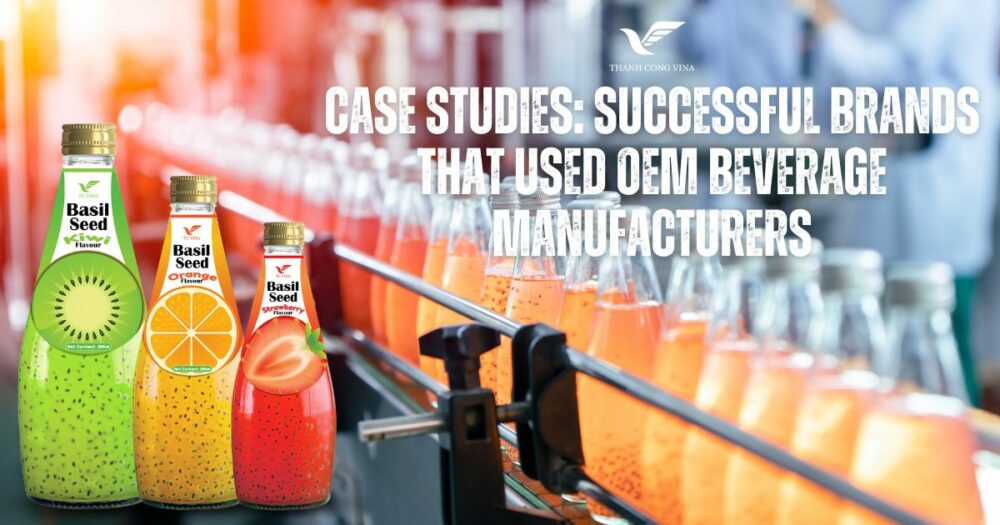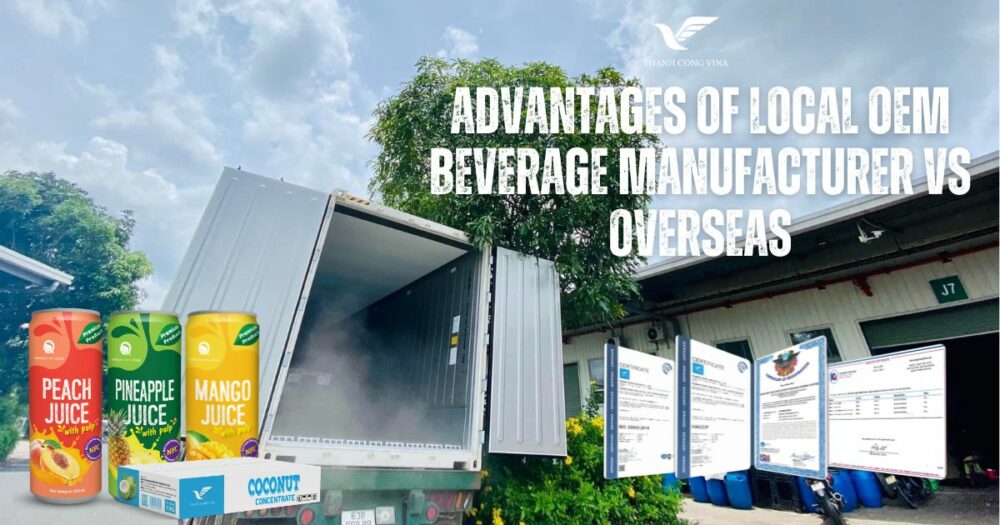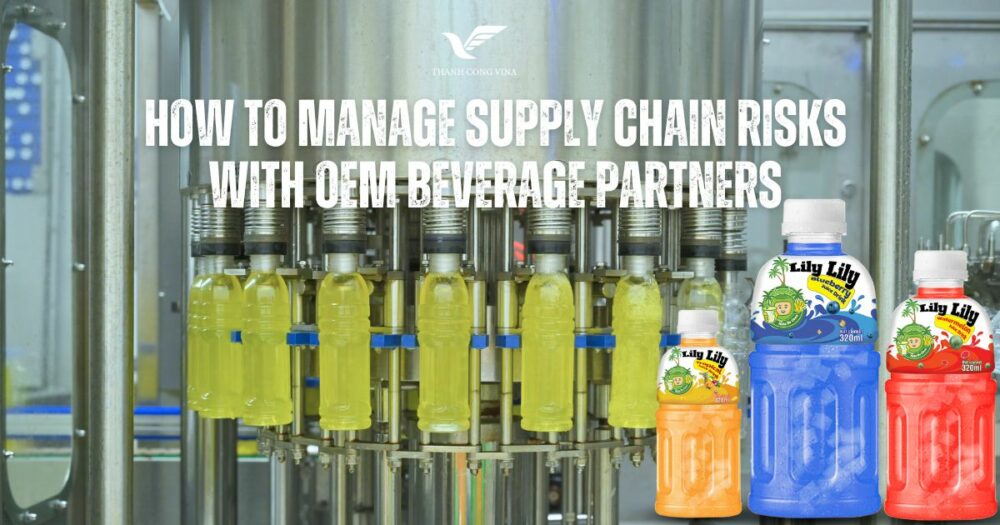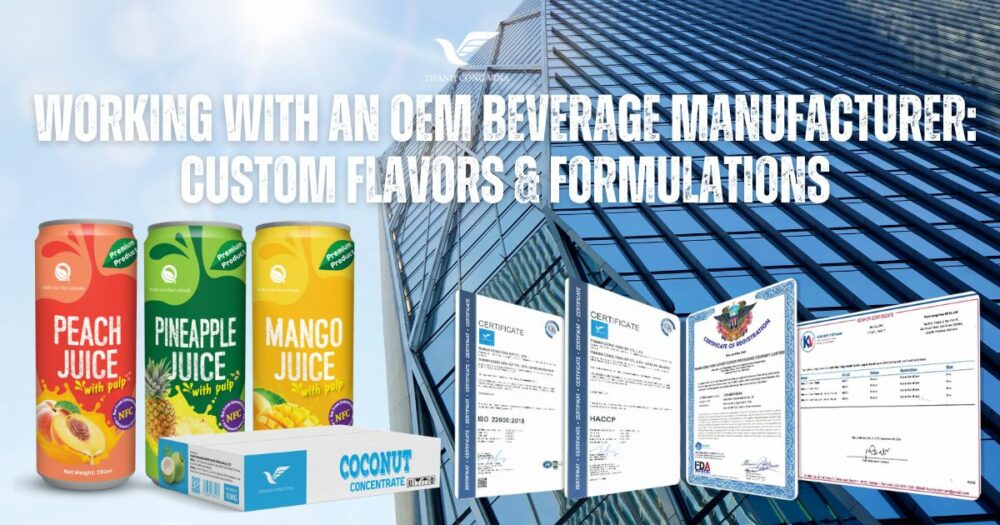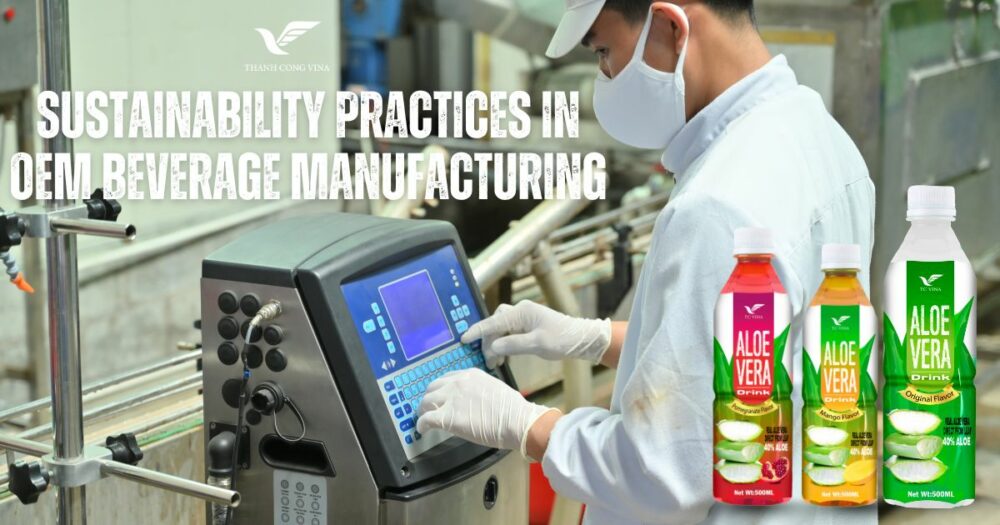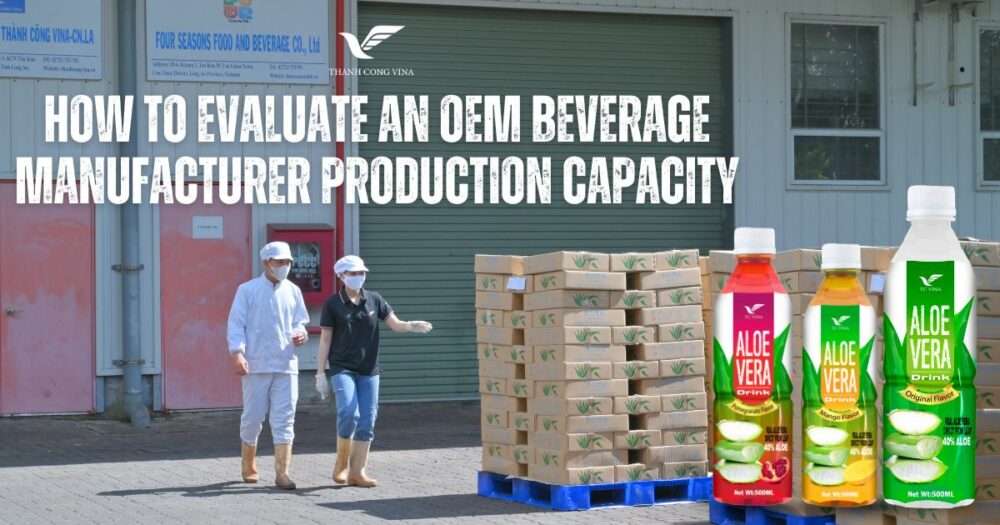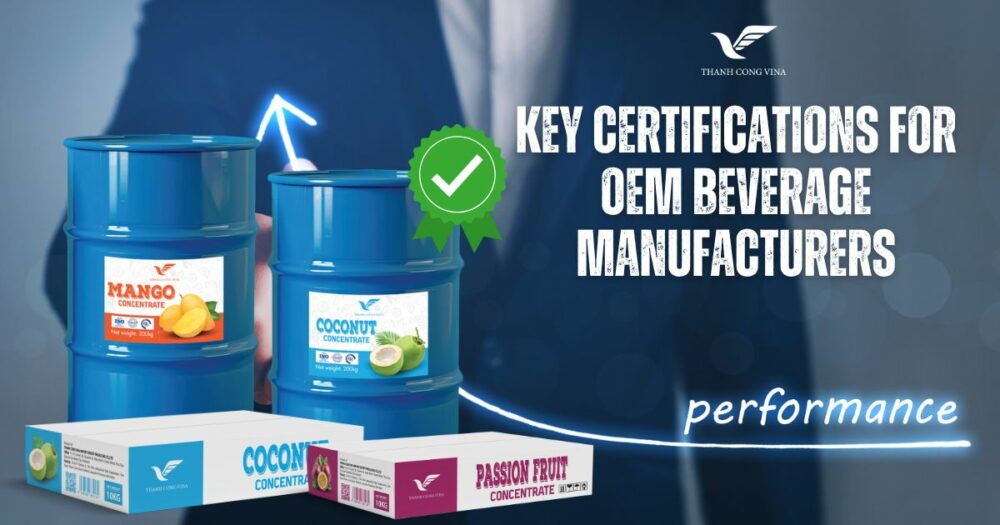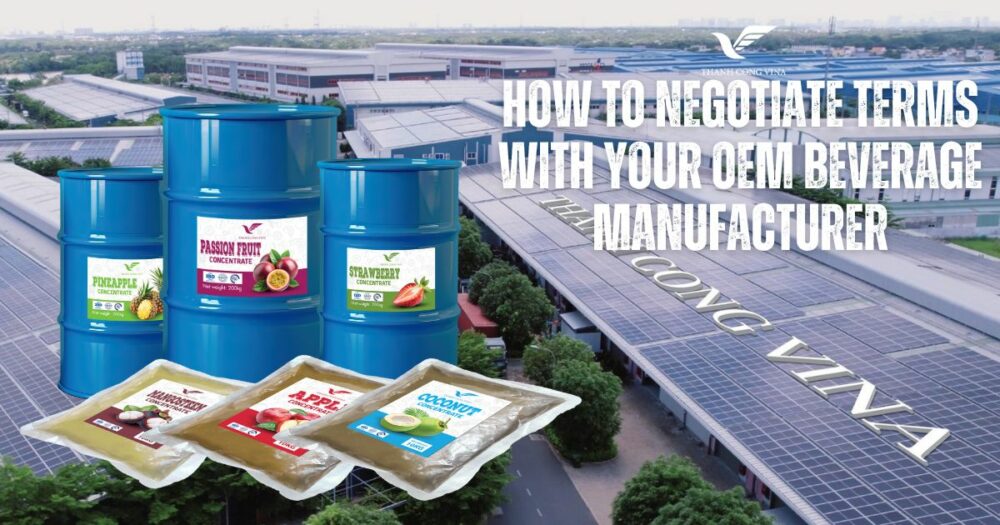In today’s highly competitive beverage market, partnering with the right OEM beverage manufacturer can determine whether your product becomes a success or fades into obscurity. Outsourcing production to an Original Equipment Manufacturer allows brands to save costs, ensure quality consistency, and scale faster. However, many brands—especially startups and new exporters—make avoidable mistakes when collaborating with OEM partners. From poor communication to unclear product specifications, these errors can lead to production delays, quality issues, or even brand damage. Understanding these common pitfalls is crucial for achieving a smooth, long-term partnership. In this comprehensive guide, we’ll explore the top mistakes companies often make when working with OEM beverage manufacturers—and, most importantly, how to avoid them. Whether you’re developing a new fruit juice, herbal tea, or energy drink, this article will help you build a successful and transparent relationship with your manufacturing partner.
1. Lack of Research Before Choosing an OEM Partner

Lack of Research Before Choosing an OEM beverage manufacturer
Overlooking Experience and Specialization
One of the biggest mistakes brands make is selecting an OEM partner without properly evaluating their experience. Not all OEM beverage manufacturers are equipped to produce every type of drink. Some specialize in carbonated beverages, while others focus on juices, teas, or plant-based drinks. Choosing a manufacturer with limited experience in your product type can result in formulation errors, shelf-life issues, or mismatched flavor profiles.
Ignoring Certifications and Compliance
A trustworthy OEM beverage manufacturer should hold essential certifications such as HACCP, ISO 22000, or GMP. These guarantee compliance with international food safety standards. Failing to verify these credentials can lead to customs rejections, recalls, or reputation damage, especially for brands targeting export markets.
Not Reviewing Client Portfolios or Case Studies
Always look for proof of success. Reliable manufacturers often showcase their work with well-known brands. Reviewing portfolios and client testimonials helps assess their reliability and ability to deliver consistent quality under pressure.
2. Poor Communication During Project Setup
Unclear Expectations and Misalignment
Many beverage projects fail due to unclear communication between the brand and the OEM beverage manufacturer. Brands often assume the manufacturer understands their vision without providing detailed product briefs. This leads to confusion about flavor, texture, or packaging.
Failing to Define Timelines and Deliverables
Establishing a clear production timeline is essential. Delays often occur when both parties don’t define milestones such as formula testing, pilot runs, packaging approval, and shipment dates.
Overlooking Language and Cultural Barriers
In international collaborations, communication gaps can lead to misinterpretation of technical details. Working with a manufacturer experienced in global business communication, like Thanh Cong Vina, ensures smoother coordination and fewer misunderstandings.
3. Incomplete or Unclear Product Specifications
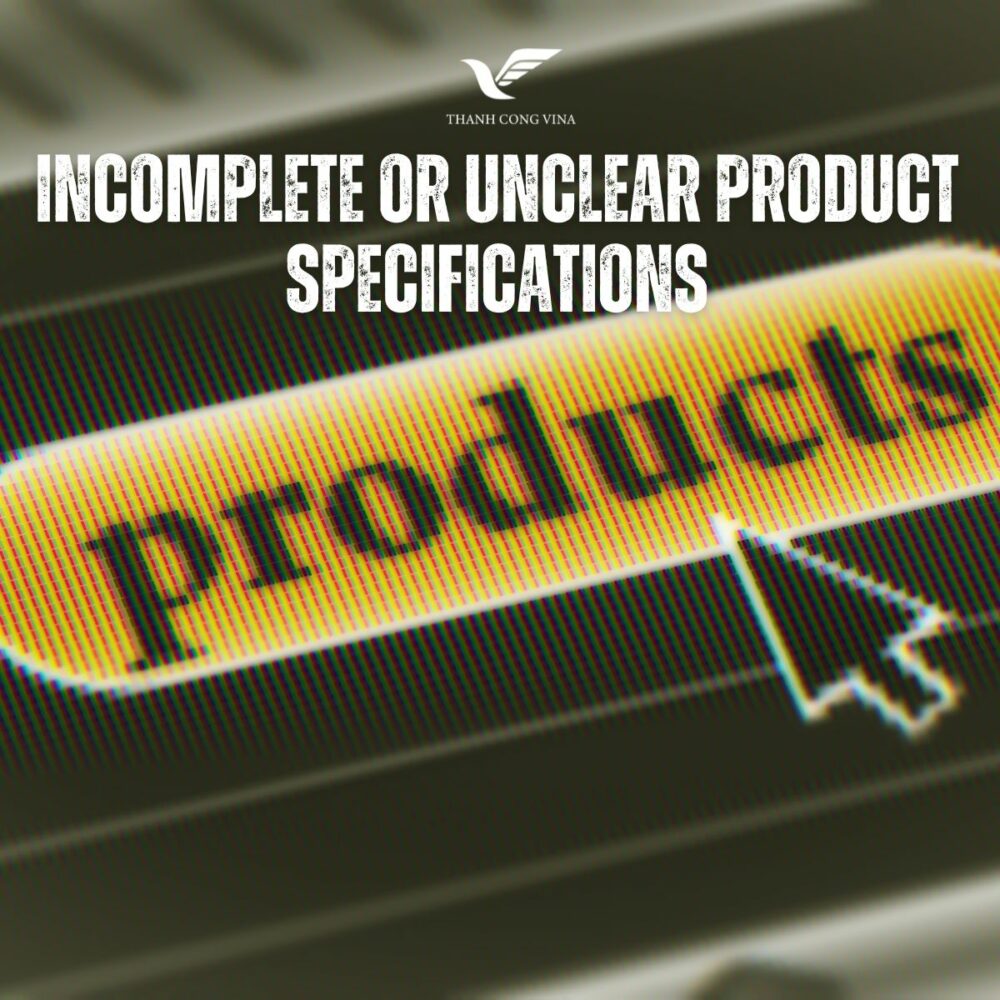
Incomplete or Unclear Product Specifications
Ignoring the Importance of a Detailed Brief
An effective collaboration begins with a comprehensive product brief. Brands should specify the flavor profile, sweetness level, ingredients, target audience, and intended market. Vague descriptions like “sweet mango flavor” are insufficient—precision ensures quality consistency and customer satisfaction.
Misunderstanding Ingredient Availability
Sometimes, brands design formulas with ingredients that are difficult or expensive to source locally. This can increase costs or delay production. A good OEM beverage manufacturer will advise on alternative ingredients with similar functionality and flavor.
Overlooking Packaging Requirements
Packaging is just as important as the formula. Poorly designed bottles or labels can result in leakage or spoilage. Manufacturers need to know the packaging specifications early, including size, material, labeling regulations, and design dimensions.
4. Underestimating Quality Control and Product Testing
Skipping Pilot Batches
Rushing straight into mass production without pilot testing is a major risk. Pilot runs help identify issues in taste, texture, or stability before full-scale manufacturing. Without this step, brands may face costly reworks or product recalls.
Not Monitoring Quality Assurance Processes
Brands sometimes assume their OEM beverage manufacturer will automatically maintain high quality. However, consistent monitoring is essential. Request detailed QC reports, sample reviews, and factory audits to ensure compliance with agreed standards.
Ignoring Shelf-Life and Storage Tests
Shelf-life testing under various temperature conditions ensures your drink remains safe and appealing over time. Overlooking this step can result in product spoilage or changes in taste and color, especially in export markets with long shipping durations.
5. Neglecting Legal and Contractual Safeguards

Neglecting Legal and Contractual Safeguards
Weak or Ambiguous Contracts
Many brands make the mistake of signing vague contracts that don’t define critical aspects like intellectual property (IP) ownership, confidentiality, and dispute resolution. A solid contract protects your brand’s formula, packaging design, and proprietary information.
Not Clarifying Minimum Order Quantities (MOQs)
Every OEM beverage manufacturer sets specific MOQs depending on bottle size, flavor type, and production line efficiency. Failure to confirm these terms can lead to unexpected costs or production delays.
Overlooking Liability Clauses
If a product defect occurs, who bears responsibility—the brand or the manufacturer? Clear liability clauses ensure accountability and protect your business from financial loss.
6. Ignoring Cost Transparency and Budget Management
Hidden Fees and Unexpected Charges
OEM beverage production involves various costs—formulation, raw materials, packaging, labeling, and logistics. Some brands overlook these details and are surprised by additional charges. Always request a comprehensive quotation that breaks down every expense.
Choosing the Cheapest Option
Cost-effectiveness is important, but the cheapest manufacturer isn’t always the best. Inferior ingredients, outdated machinery, or lack of QC oversight can compromise product quality and brand image. A reliable OEM beverage manufacturer balances affordability with excellence.
Not Considering Long-Term Scalability
Brands often focus only on short-term budgets, forgetting future expansion needs. It’s wise to partner with an OEM who can grow with your brand, scaling up production as demand increases.
7. Not Leveraging the OEM’s Expertise for Innovation
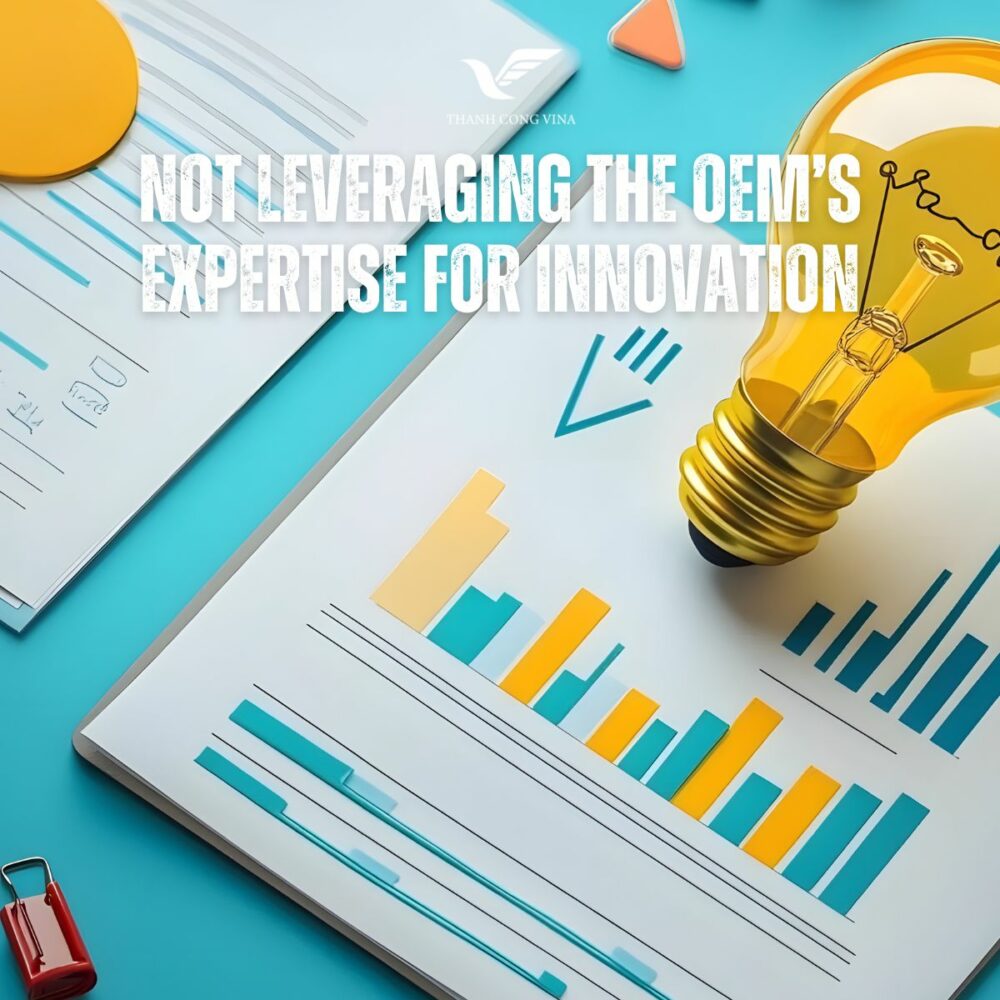
Not Leveraging the OEM’s Expertise for Innovation
Overlooking R&D Collaboration
Many brands underestimate the innovation potential of their OEM beverage manufacturer. Top manufacturers have in-house research and development teams capable of improving formulations, enhancing shelf life, or creating new flavor variations.
Rejecting Technical Advice
OEM partners have deep technical knowledge of ingredients, processing methods, and regulatory compliance. Ignoring their advice can result in inefficient production or unstable formulations.
Failing to Explore Market Trends Together
Working with an OEM who understands global beverage trends—like functional drinks, sugar-free options, and natural juices—gives your brand a competitive advantage. A collaborative approach ensures your product stays relevant in changing markets.
8. Overlooking Post-Production Support and Logistics
Ignoring Packaging Storage and Shipping Conditions
Improper storage can damage product quality before it even reaches consumers. OEM partners should offer guidance on storage conditions, temperature control, and export logistics.
Not Tracking Batch Records or Documentation
Traceability is crucial for safety compliance. Brands must ensure that their OEM beverage manufacturer maintains detailed production records for every batch to simplify recall management if necessary.
Forgetting After-Sales Communication
Once the product leaves the factory, communication shouldn’t end. Post-production feedback allows both parties to continuously improve quality, efficiency, and customer satisfaction.
9. Choosing the Wrong Partner Altogether
Ignoring Reputation and Reliability
Some brands fall for low-cost offers from inexperienced or newly established manufacturers. However, choosing a trusted OEM partner with proven expertise—like Thanh Cong Vina—ensures stability, transparency, and long-term success.
Not Aligning Vision and Values
Successful partnerships go beyond contracts. Aligning on quality standards, ethical practices, and sustainability goals ensures both sides work toward a shared mission.
Neglecting Global Capability
If your goal is international expansion, your OEM beverage manufacturer must have export experience and global certifications. Working with a partner already familiar with international logistics and regulations simplifies the process and reduces risk.
Conclusion
Partnering with an OEM beverage manufacturer can unlock enormous growth potential for beverage brands, but only when handled strategically. Avoiding the common mistakes—such as unclear communication, weak contracts, or ignoring quality control—can save time, money, and reputation. Choosing an experienced and globally recognized partner like Thanh Cong Vina ensures seamless production, innovation, and scalability. With years of experience in manufacturing high-quality juices, teas, and functional drinks for international markets, Thanh Cong Vina delivers both expertise and reliability. The company’s commitment to transparency, safety, and customer satisfaction makes it a trusted partner for beverage brands worldwide. Whether you’re launching your first product or scaling production globally, Thanh Cong Vina provides the infrastructure, technology, and partnership mindset needed to help your brand thrive in an ever-evolving market.

